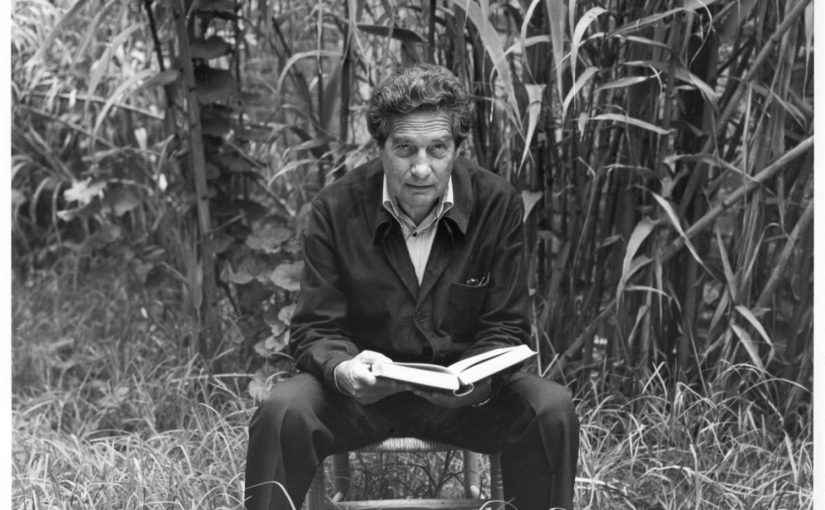Tag: Marcel Proust
-

In Search of the Writer-Diplomat Tradition
Marcel Proust is forever being lost to myth, reduced either to a gossip who chronicled Parisian salons, or even worse, a withdrawn asthmatic overly sentimental for the past. This reduction makes no room for Proust’s admiration for technology or the diplomats and military men who made statecraft and war. Proust adored automobiles and was fascinated…
-
Henry James Meets Proust’s Characters
One of the pleasures of reading literary biographies is learning what happened when famous “writer A” met famous “writer B” for the first time. Some of the great encounters are a young James Joyce meeting W.B. Yeats (or later Samuel Beckett meeting Joyce), Oscar Wilde hiding in the Proust family bathroom, because Marcel was late, and Wilde couldn’t deal with…
-
Learn French with Marcel Proust
Like most people I have yet to tackle all seven volumes of Marcel Proust’s In Search of Lost Time, but I have managed to read the first two books and Swann’s Way is a particular favorite of mine. If you are a Proustian and somehow who wants to brush up on his French, there are great…
-
Literature with an Agenda
There is an essay on the site Bookslut by Josh Cook that examines “literature with an agenda.” Cook does a good job of defending such books, and faults the influence of MFA programs (which focus strictly on craft) and early 20th Century communist propaganda as reasons why there is resistance today to books with “a message.” photo…
